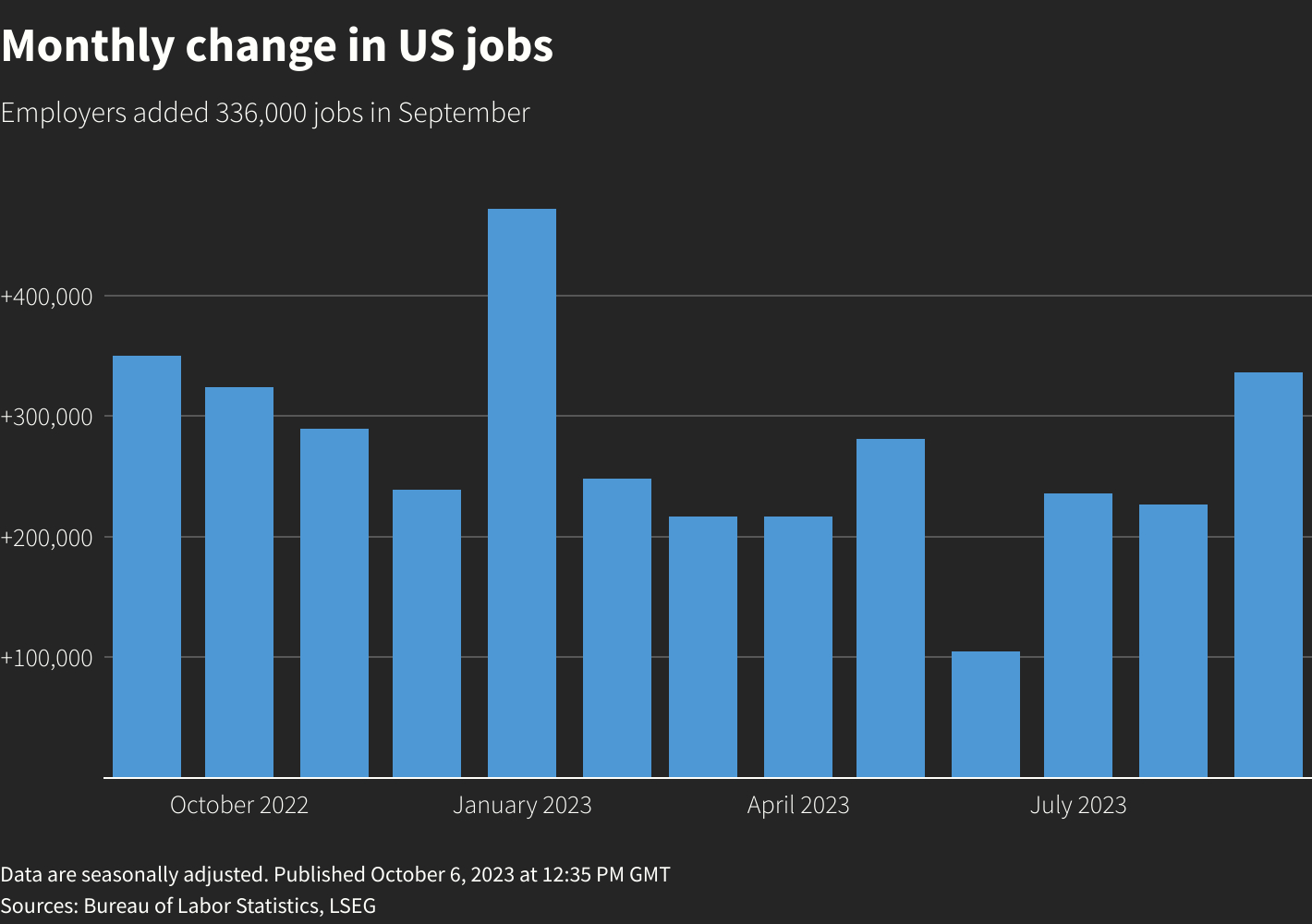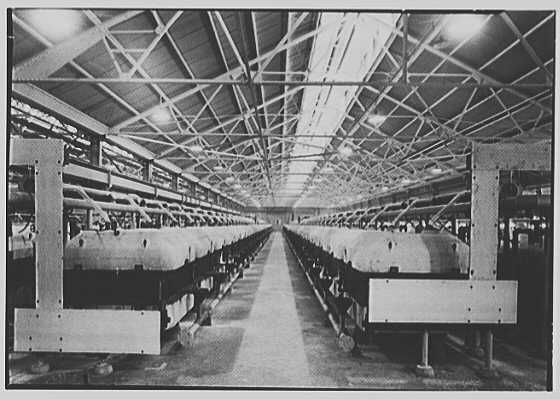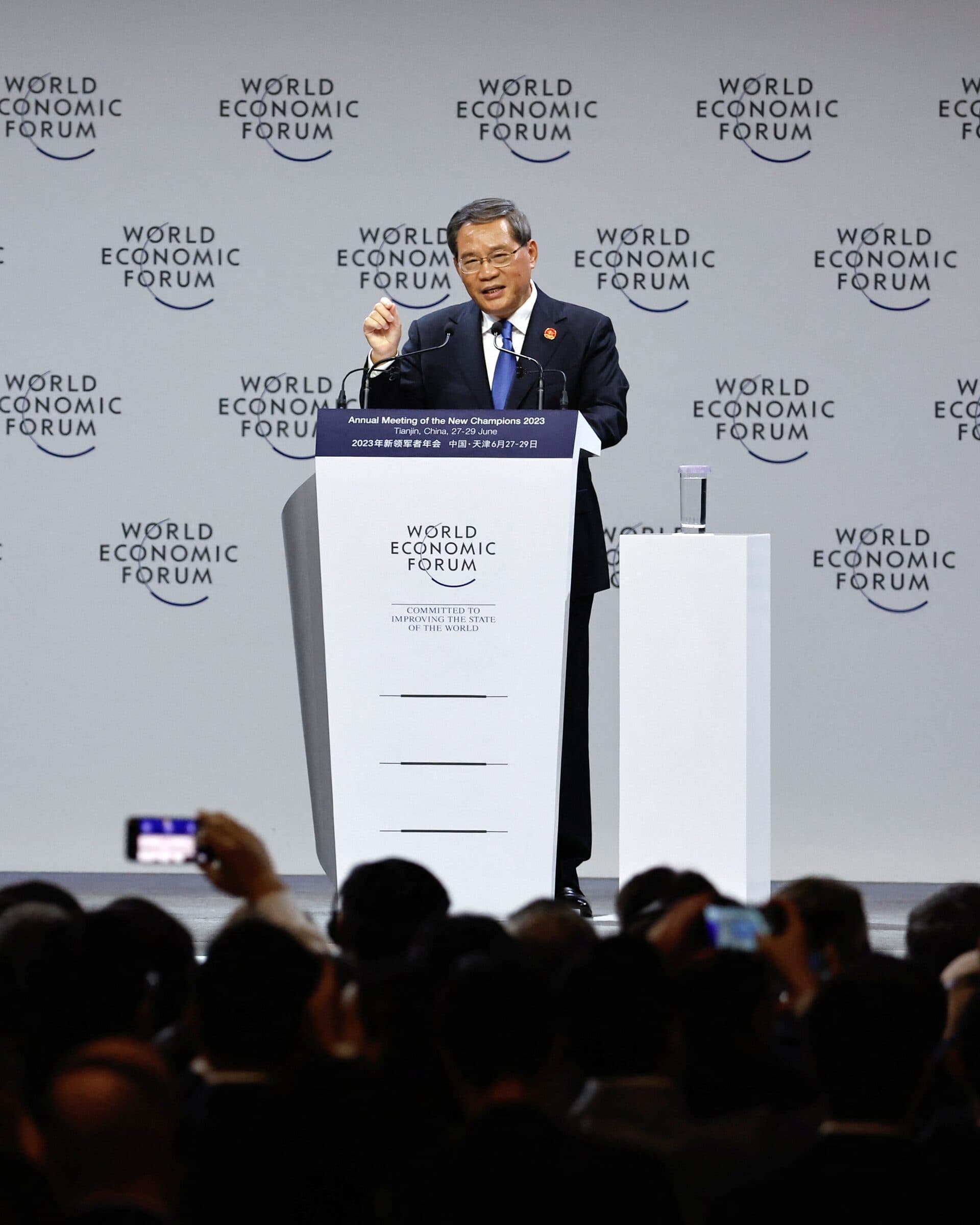China’s Economic Rise Threatens U.S. Jobs
The first China Shock cost the United States nearly 2 million manufacturing jobs between 2000 and 2007, leaving communities like Martinsville, Virginia, and High Point, North Carolina, to grapple with long-term economic devastation. This initial wave of job loss, driven by the influx of cheap goods as China transitioned to a market economy, has left scars that many regions have yet to heal. According to Stanford University, this shock accounted for over 59% of U.S. manufacturing job losses during that period, predominantly affecting areas with lower levels of educational attainment.
China Shock 2.0 on the Horizon
Now, as we enter what many experts are calling China Shock 2.0, the stakes are even higher. China is no longer just a competitor in low-wage industries but is aggressively positioning itself to dominate high-tech sectors, including artificial intelligence, biotechnology, and telecommunications. As reported by Harvard Kennedy School, the implications of this new shock could far exceed the first, potentially decimating millions more jobs across various sectors.

US job growth sizzles in September; wage inflation cooling ...
High-Wage Jobs at Risk
The U.S. has traditionally held its ground in high-wage, high-skill industries. However, with China’s ambitious technological advancements, we risk losing our position as the global leader. The transition of China’s economy from an underdog to a dominant player in advanced manufacturing means that jobs which once provided stable, middle-class livelihoods in the U.S. are at serious risk. General Motors, Boeing, and Intel could all face existential threats from a rapidly growing Chinese tech sector that is not only innovating but also producing at a cost and scale that the U.S. may find impossible to match. The implications for American workers are stark, especially as these sectors are known to offer some of the highest wages.
Global Economic Reordering
As China’s influence expands, we need to pay attention to how this global economic reordering will impact U.S. interests. Countries in Africa, Latin America, and Southeast Asia are increasingly aligning with China, attracted by its technological offerings and investment. This shift could lead to a reduction in U.S. geopolitical power, which is intrinsically linked to economic health. The U.S. cannot afford to retreat into isolationism and ignore the consequences of China’s rise. As highlighted by research from Stanford Graduate School of Business, exposure to Chinese imports has already reduced U.S. employment in manufacturing by nearly 2% per year in directly competing firms.

Pittsburgh Plate Glass Chlorine Plant, New Martinsville, West ...
Policy Response Must Address Workers’ Needs
Policymakers must shift their focus from a retrospective analysis of the first China Shock to proactive measures that protect American workers from the incoming wave of economic disruption. The focus should be on investing in worker retraining programs, strengthening social safety nets, and implementing progressive taxation that ensures corporations contributing to job loss help fund the transition for displaced workers. Without such measures, we risk repeating the mistakes of the past, leaving millions of workers without options in an economy increasingly dominated by foreign entities.







![[Video] Gunfire between Iraqi security forces and Sadr militias in Baghdad](/_next/image?url=%2Fapi%2Fimage%2Fthumbnails%2Fthumbnail-1768343508874-4redb-thumbnail.jpg&w=3840&q=75)
